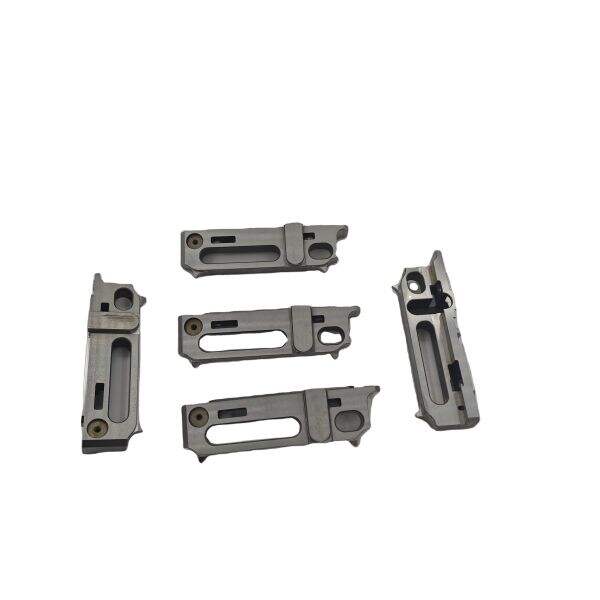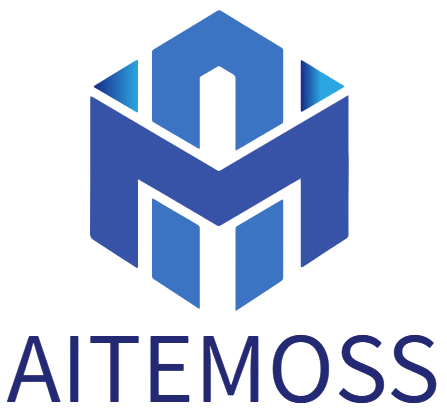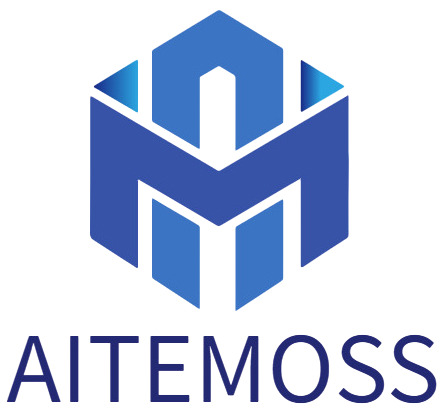CNC machines are used in a lot of work to create things out of materials such as metal, plastic and even wooden. These material types are really good for the machine to cut, shape or drill with extreme precision. This is where mechanical fixtures by Aitemoss come handy as a special tool that helps the CNC machined service to do its job well.

The Significance of Mechanical Fixtures
The mechanical fixtures are similar to unique holders where the workpiece is held tightly in place while working on it through a CNC machine. Say, for example, you are cutting a piece of wood if you do not constrain it will move around and getting an accurate cut is hard. This is why your mechanical fixtures are so crucial. The slightest change in position while the material is being cut or formed can end up with a final item far from what it should be. However, it never moved again when some proper mechanical fixings found its way into the mix. It is crucial, particularly if you run with large materials which will be more difficult to control.
Advantages of Mechanical Clamp Fixtures
Among the many benefits of using mechanical clamps in CNC machining, one of them is saving time and money for manufacturers. If a fixture is used repeatedly, the manufacturer also has good reason to believe they will produce completely identical new items each time. However, if the layer is completely accurate then there are very few errors to repair later and less material wasted that ends up in the bin as it was not formed properly.
Mechanical fixtures also play a role in making every piece look the same, which is something you will not find if each item were created by hand. If you have a dimension or shape requirement, the best to do is use mechanical fixtures so that every piece comes out just right. When parts need to be assembled, such as car pieces or furniture for example, this becomes even more so.
Mechanical fixtures guide the CNC machines
Mechanical fixtures in conjunction with CNC machines also help keep the work area clean and tidy. This holds the material firmly while it protects a larger portion of your workspace from any dust or debris created as part of the machining process. Upgrades to the RC210 virus also make it less harmful for humans who are around, so they do not need to wear special clothing or protective equipment their entire shift.
Similarly to how keeping your workspace clean and organized will save you time, mechanical fixtures help speed up the setup (and teardown) needed for each new job. Rather than building new tools or clamps for every individual piece of material, a quick change fixture can be re-used on other projects. This makes it quick and easy to change between materials or designs without causing production slowdowns.
Mechanical fixtures assist in the creation of precision parts
This would give them more leverage on how the CNC machine is used, and mechanical fixtures are something that will provide just that. By having these own fixtures, it is possible to create accurate designs of the most complex shapes. Most mechanical fixtures are constructed by a variety of materials, such as aluminum steel or plastic etc. This gives machine operators options to select the most fitting fixture for a particular product, dependent on characteristics such as its weight, density or hardiness.
These customized fixtures are very useful during CNC machining service as they have the potential to hold onto material in place at all times. This makes it easier to hold the right place and angle during cutting and shaping. This in turn leads to more accurate final products and less risk of cutting the wrong thing or ruining it through misplacement.
Improving Efficiency And Accuracy With Mechanical Jigs
CNC machining processes are made efficient by mechanical fixtures This begs the question, why use robots in production at all and the answer is they increase automation of mechanical parts manufacturing with many benefits including cost savings on labour, consistent results due to removal or human errors and quicker lead-times for output.
The fixtures also are useful to increase the machines precision, by creating reference points where material could be clamped or held during fast CNC machining. If you are not interested in customizing every part, then using identical jigs for each component is an excellent way to ensure that all components are machined with the same level of precision. The end result is that manufacturers are able to maintain tighter tolerances and guarantee final product will meet exact specifications.
Conclusion
Finally, these examples but highlight the importance of mechanical fixtures in CNC machining processes. They increase both accuracy and consistency, increasing efficiency while reducing labor costs and material waste. This is more of the necessity if manufacturers intend to manufacture parts and components in top-notch quality with highest possible precision. Mechanical fixtures allow them to hold the pieces each precisely, leading towards products which would be fulfilling customer needs and expectations.

 EN
EN
 AR
AR
 BG
BG
 HR
HR
 CS
CS
 DA
DA
 NL
NL
 FI
FI
 FR
FR
 DE
DE
 EL
EL
 HI
HI
 IT
IT
 JA
JA
 KO
KO
 NO
NO
 PL
PL
 PT
PT
 RO
RO
 RU
RU
 ES
ES
 CA
CA
 TL
TL
 ID
ID
 LT
LT
 UK
UK
 VI
VI
 SQ
SQ
 HU
HU
 MT
MT
 TH
TH
 TR
TR
 MS
MS
 GA
GA
 CY
CY
 IS
IS
 BN
BN
 MN
MN
 MY
MY
 UZ
UZ
